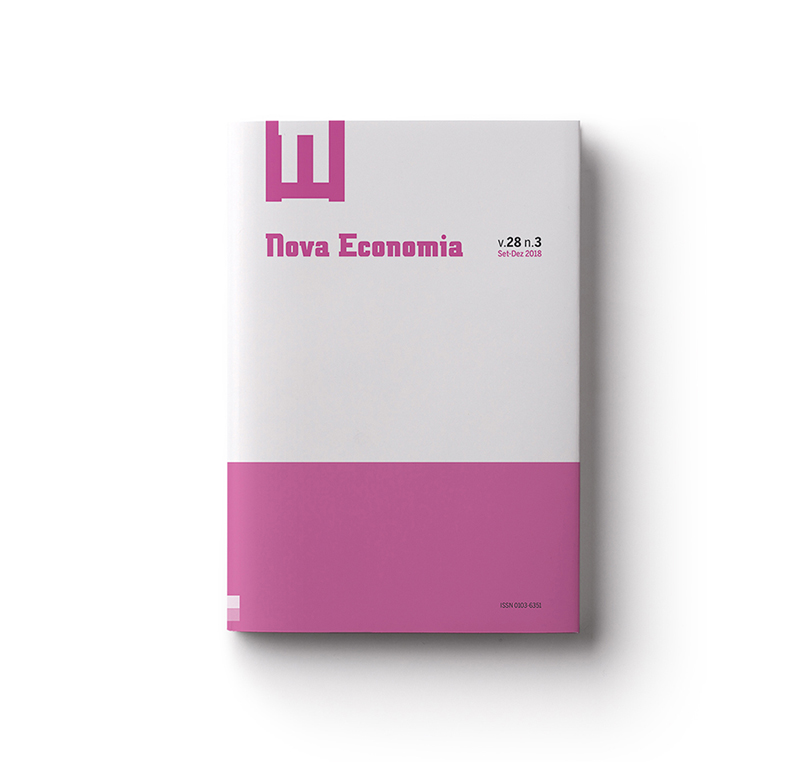International trade and economic growth
an analysis considering the sectors and asymmetry of growth the states
Abstract
This research aimed to analyze the relationship between international trade of basic commodities - semi-manufactured and manufactured - and economic growth of the Brazilian states, also considering the different growth levels of these states, from 1995 to 2011. The theoretical framework was based on the relationships between international trade and economic growth. The results showed that the estimated coefficients were statistically significant and with the signals as expected. In relation to international trade, it was found that only trade in basic commodities showed a positive and statistically significant relationship with the economic growth of the states. In addition, it is highlighted that the trade of manufactured, semi-manufactured and basics products affected by Sanitary/Phyto-Sanitary (SPS) and Technical Barriers to Trade (TBT) agreements did’nt affect the economic growth of the Brazilian states. Considering the different levels of economic growth, it was found that there were changes in the signal and/or in statistical significance in certain quantile if compared to the dynamic panel model for variables representing the international trade in manufactured, semi-manufactured and basics products, infrastructure and government spending.
Downloads
Published
How to Cite
Issue
Section
License
Authors who publish with this journal agree to the following terms:
- Authors retain copyright and grant the journal right of first publication with the work simultaneously licensed under a Creative Commons Attribution 4.0 International License that allows others to share the work with an acknowledgement of the work's authorship and initial publication in this journal.
- Authors are able to enter into separate, additional contractual arrangements for the non-exclusive distribution of the journal's published version of the work (e.g., post it to an institutional repository or publish it in a book), with an acknowledgement of its initial publication in this journal.
- Authors are permitted and encouraged to post their work online (e.g., in institutional repositories or on their website) prior to and during the submission process, as it can lead to productive exchanges, as well as earlier and greater citation of published work (See The Effect of Open Access).




